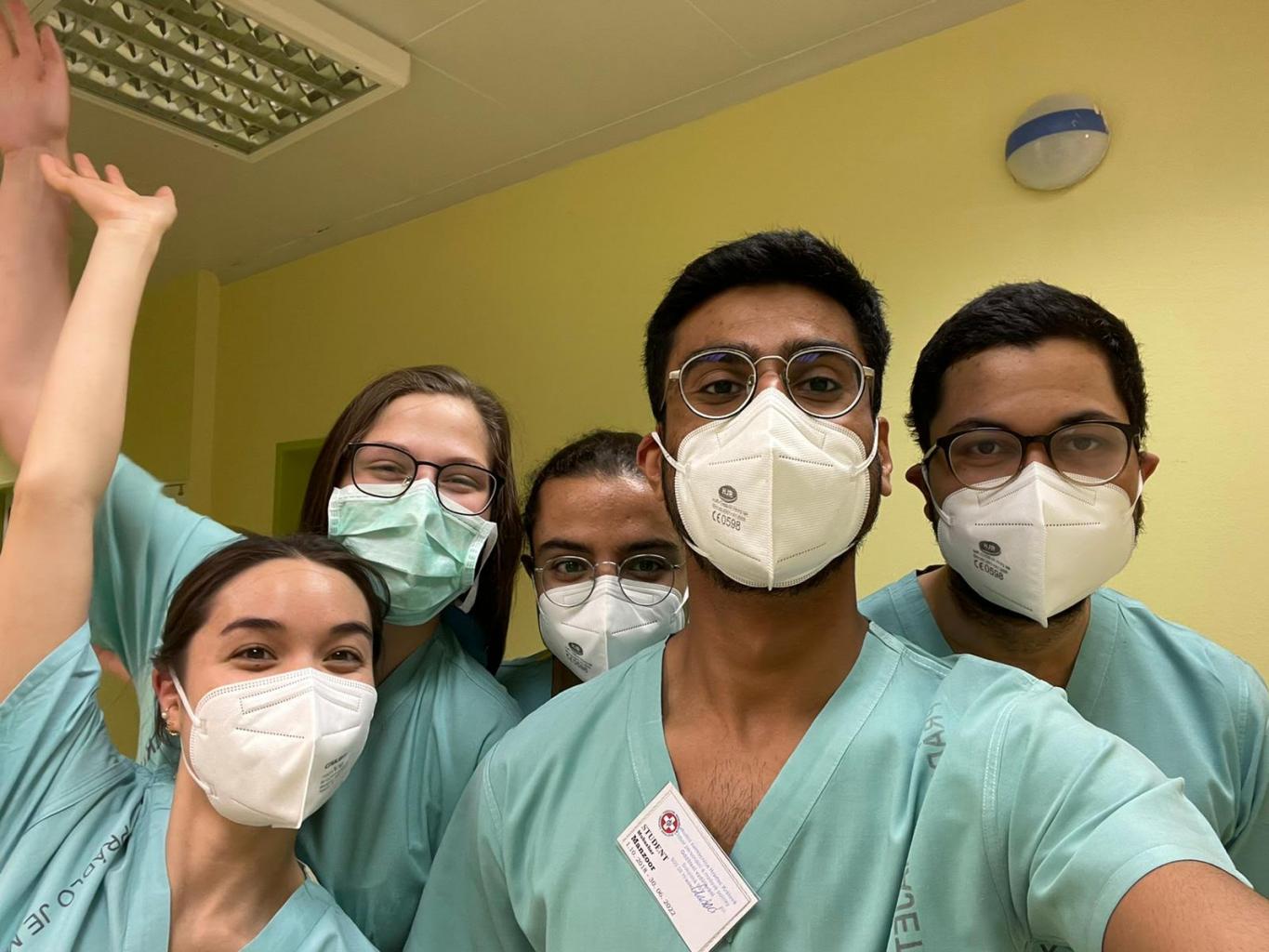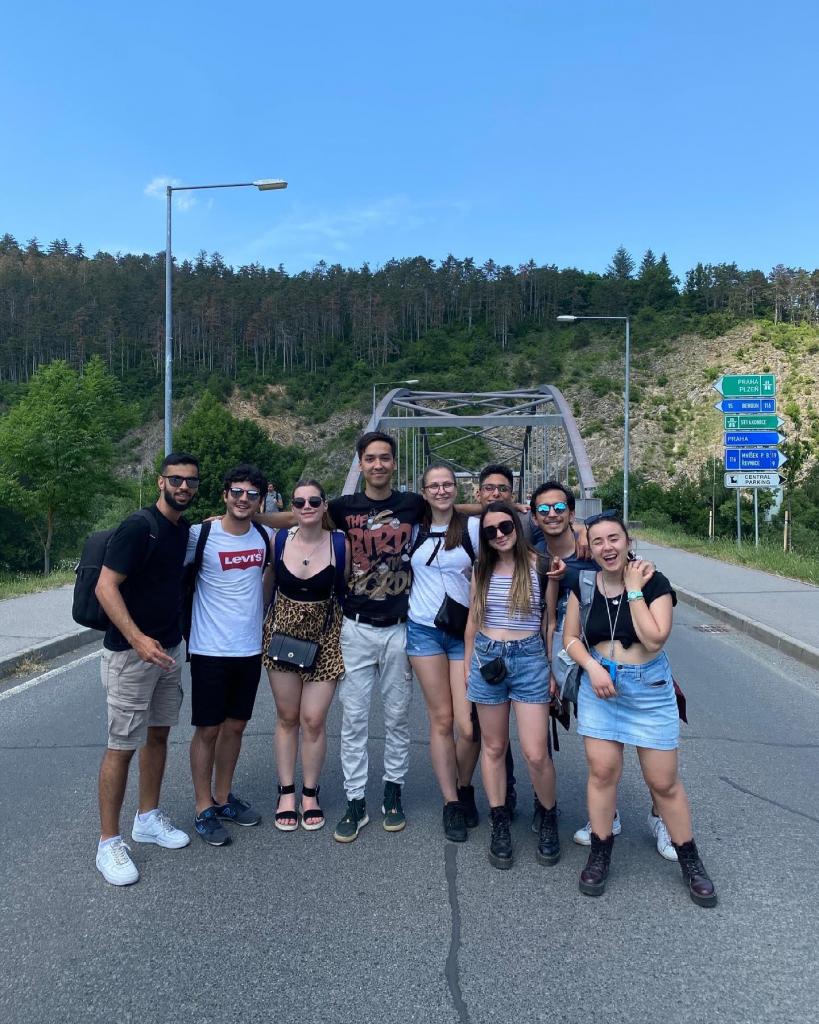Charles University, Faculty of Medicine in Hradec Kralove
How did you draw up your Learning Agreement?
It is an individual task. From RSU's Faculty of Medicin I received the detailed study plans for year 4 and 5; from CU i received information on where to find the study plans and course descriptions.
I spent hours and days to be sure that I am choosing the correct subjects at CU and that everything I study there will later be recognised by RSU.
There is no way to avoid unpleasant surprises - shortly before leaving for the Czech Republic I was told that I would not be able to attend the Surgery course. Thankfully, the probleem was solved and I could worry less, because one study course in the Chezh Republic replaced four courses at RSU.

How is the study process organized in the receiving university? What is different compared to RSU?

COVID-19 required adjustments. I supopose the study process was different before, but I did not get to experience that.
The main difference was the exams. Starting with signing up for the exams. When the applications ate organised, you will need at least seven friends that will help you reserve the date you prefer (the dates are filled whithin seconds). Signing up for the best date is tough and, if you do not get the date you wanted, you will have to take the exam in summer. I suppose this is caused by all the exams being oral and the number of lecturers does not allow for every student to take the exam at the same time. Yes, the oral form of exams seemed more complicated, but that was only my experience. One lecturer requires you to answer questions and have a discussion, whereas, others expect you to cover the topic you feel the most proficient in. When thinking about the objectivity - mostly the same lecturer will oversee the same exam for all students, so there is no noticable divide in the evaluation system - everyone is marked based on the same subjective scale.
I miss onsite work at RSU (now most of lectures are in video form), but at CU work took place in-person. The class dynamic and the opportunity to ask your lecturers some questions cannot be replaced by a video, even if you get to rewatch it multiple times. During COVID-19 peak, CU organised remote classes, but afterwards, smaller groups started returning to onsite work.
Each study group had about 30 students and we got divided in groups of 4-5 students to see patients and attend surgeries. I remember the Anesthesiology classes very well, because at first the smaller group had a "role-play" at medical simulations centre where we planned the anesthesiology for different situations, and later on we attended hospital where I could assist the anaesthetist in a surgery.
We needed to do the COVID-19 antigen tests each week, as the Chezh government did not consider medical students to be a priority to vaccinate (however, I do have a fun story of how I accidentally got the first dose).
What were the living conditions?
I lived in student dormitory we called "Hotel Garni". This is a terrible place when you first arrive here and the best place in the world when it is time to leave.
Did the Erasmus+ grant cover the living expenses?
It was sufficient to cover everyday expenses. For travelling, however, you should have an additional grant or savings.
Your advice and recommendations for others choosing this city for their mobility
live in the "Hotel Garni". That is a wonderful place to make friendships that will last a lifetime.
Be open towards your coursmates and other Erasmus+ mobility students - then the time will run by. learn to say "YES!" more often.
Make a student card for public transport - it is quite cheap without the student discount as well, and almost free with the discount. I was too lazy to do that.
When travelling by train students have significant discounts, and trains in Chechia are comfortable and will take you almost everywhere.
The best memory or experience from Erasmus+ mobility
During Ramadan, we ate dinner together every night. Atheists, Christiants, Muslims - everyone sitting at the same table and talking, joking, singing and dancing.
The most valuable realization or lesson you have learned
First impressions are misleading.



